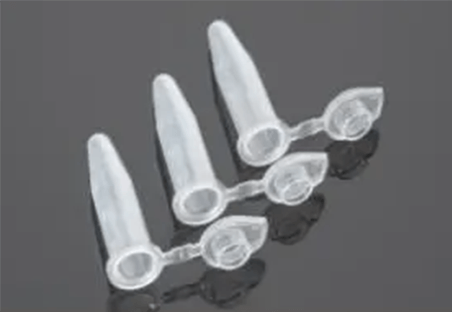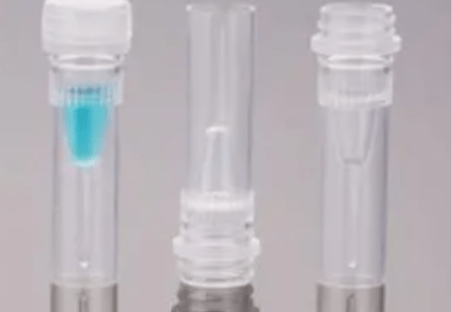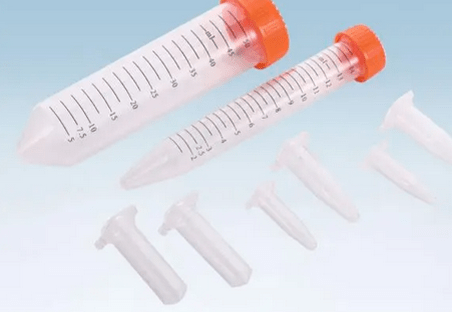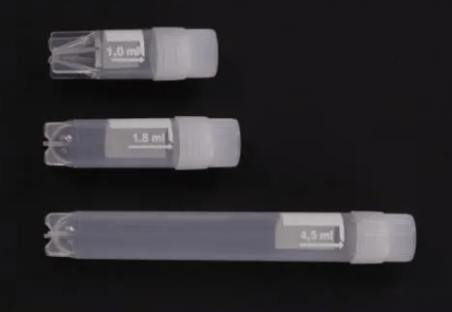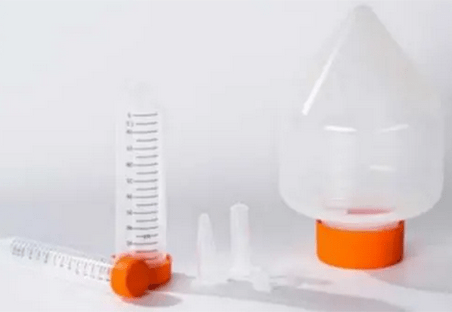Centrifuge tubes are essential laboratory tools used for separating and processing samples through centrifugation. Disposable centrifuge tubes, in particular, offer convenience and efficiency, reducing the risk of cross-contamination and the need for cleaning. Understanding the different sizes and capacities of these tubes is crucial for optimizing experimental results and ensuring proper handling of various sample volumes. This article will provide an in-depth look into the types, common sizes, and capacities of disposable centrifuge tubes, and offer guidance on selecting the right size for your needs.
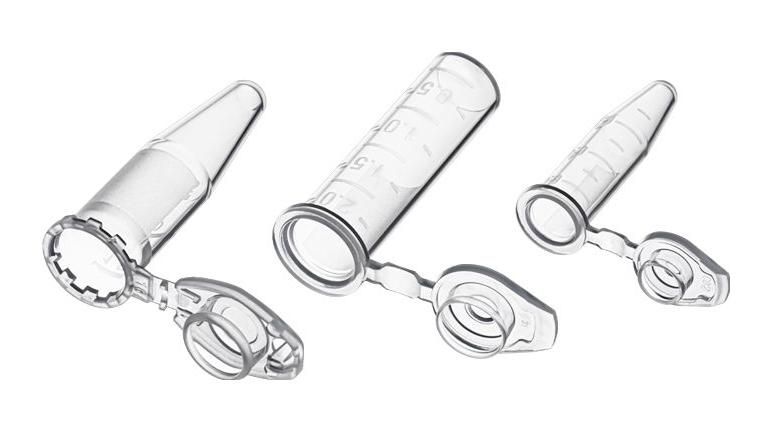
Types of Disposable Centrifuge Tubes
Disposable centrifuge tubes come in various materials and designs to suit different applications. The most common types include:
- Polypropylene Centrifuge Tubes: Known for their chemical resistance and ability to withstand high speeds and temperatures. They are translucent, allowing for easy observation of the sample.
- Polystyrene Centrifuge Tubes: Clear tubes that offer excellent visibility of the sample but are less chemically resistant and cannot withstand high-speed centrifugation.
- Polycarbonate Centrifuge Tubes: Durable and able to withstand high centrifugal forces, but prone to chemical degradation over time.
- Conical Bottom Centrifuge Tubes: Designed for better pelleting efficiency, with a conical shape that facilitates easy removal of the pellet.
- Round Bottom Centrifuge Tubes: Suitable for applications that require gentle mixing and minimal sample disruption.
Common Sizes and Applications of Disposable Centrifuge Tubes
Disposable centrifuge tubes have different types and are available in a range of sizes and capacities to accommodate various sample volumes. Here are the common sizes:

Sizes and Applications
1. Microcentrifuge Tubes:
Size: Typically, 1.5 mL and 2.0 mL centrifuge tubes are the most common, but they can range from 0.2 mL to 2.0 mL.
Applications: Suitable for small volume samples, often used in molecular biology for processes like PCR, DNA extraction, and protein analysis.
2. Conical Centrifuge Tubes:
Size: Available in larger volumes, commonly 15 mL and 50 mL, but centrifuge tubes sizes can range from 5 mL to 50 mL.
Applications: Ideal for larger volume samples. They are often used in cell culture, microbiology, and biochemistry for processes such as cell separation and sample purification.
3. Round-Bottom Centrifuge Tubes:
Size: These centrifuge tubes usually come in sizes such as 10 mL, 15 mL, and 50 mL.
Applications: Suitable for a variety of laboratory applications including general sample preparation and storage.
As mentioned above, sizes of disposable centrifuge tubes typically ranging from a miniscule 0.2 milliliters (mL) to a hefty 50 mL or even larger. The larger tube usually called bottles, such as 250ml-500ml Centrifuge Bottles from Scopelab. Here’s we conclusion them in a table form:
| Tube Size and Volume Capacity | Suitable Applications |
| 0.5 mL Centrifuge Tube | DNA/RNA extraction, small-scale reactions |
| 1.5 mL Centrifuge Tube | General laboratory use, molecular biology |
| 2.0 mL Centrifuge Tube | Cell culture, biochemical assays |
| 5.0 mL Centrifuge Tube | Protein purification, sample storage |
| 15 mL Centrifuge Tube | Tissue homogenization, large volume assays |
| 50 mL Centrifuge Tube | Large volume centrifugation, cell culture |
| 250ml-500ml Centrifuge Bottles | Cell Pelleting, Suspension Cultures, Protein Purification, Blood Component Separation, Water and Wastewater Analysis etc. |

Features and Advantages
- Material: Made from high-quality plastics like polypropylene, which offers excellent chemical resistance, and polystyrene, which is clear and suitable for optical measurements.
- Sterility: Often available in sterile versions to prevent contamination, especially important in cell culture and microbiological applications.
- Graduations: Marked with graduations for easy volume measurement.
- Caps: Available with snap or screw caps to ensure secure closure and prevent leakage during centrifugation.
- Temperature Tolerance: Designed to withstand a wide range of temperatures, from freezing to autoclaving conditions.
Disposable centrifuge tubes are essential tools in many laboratory settings due to their convenience, safety, and reliability. Choosing the appropriate centrifuge tube size is not just about matching the sample volume; it also involves considering various other factors to ensure optimal performance and accurate results. Let’s see how to choose.
Selecting the Right Size for Your Needs
Choosing the right size and capacity of disposable centrifuge tubes depends on several factors:
- Sample Volume: Determine the volume of the sample you need to process to avoid overflow and ensure efficient centrifugation.
- Centrifugation Speed: Ensure the tube can withstand the centrifugal forces required for your application.
- Sample Type: Consider the nature of your sample (e.g., biological fluids, cells, DNA/RNA) and its compatibility with the tube material.
- Equipment Compatibility: Verify that the tubes are compatible with your centrifuge model and rotor type.
- Sterility and Certification: Ensure the tubes meet sterility standards (e.g., RNase, DNase-free) if required for your work.
FAQs When Choosing the Centrifuge Tube Size
Q1: Can I use a smaller tube for a large volume sample?
A1: No, using an undersized tube can lead to sample overflow and inaccurate results.
Q2: Are all centrifuge tubes compatible with high-speed centrifuges?
A2: No, check the manufacturer’s specifications to ensure the tubes can withstand the required speeds.
Q3: What should I consider regarding the sterility of centrifuge tubes?
A3: Ensure the tubes are pre-sterilized or can be sterilized if working with sensitive biological samples.
Q4: Can I reuse disposable centrifuge tubes?
A4: No, disposable tubes are designed for single use to maintain sterility and prevent contamination.
Q5: What if my sample volume falls between two sizes?
A5: Opt for the larger size to ensure you have enough working volume.
Q6: Where can I find high-quality centrifuge tubes?
A6: Look for reputable centrifuge tubes suppliers like Scopelab, which offer a wide variety of sizes and materials to suit your needs.
Get the Quality Centrifuge Tube From Scopelab
For reliable and high-quality disposable centrifuge tubes, look no further than Scopelab. Our extensive range of centrifuge tubes ensures you find the perfect fit for your laboratory needs, offering exceptional durability and performance. Visit our website or contact our customer service for more information and to place your order today.
